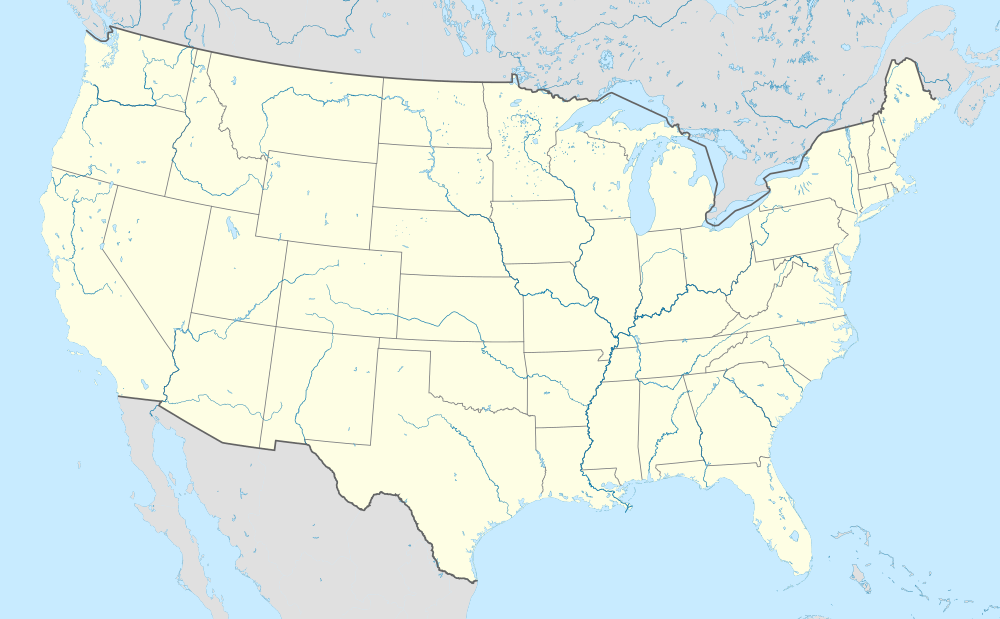Group of Five conferences

In college football, the Group of Five (G5) are five athletic conferences whose members are part of the National Collegiate Athletic Association's (NCAA) Division I Football Bowl Subdivision (FBS), in contrast to the power conferences, who are granted a degree of autonomy from certain NCAA rules.[1] In collegiate sports other than football, the conferences are collectively known as mid-majors.
The five conferences are the American Athletic Conference (American), Conference USA (CUSA), Mid-American Conference (MAC), Mountain West Conference (MW) and Sun Belt Conference. The Pac-12 Conference – which was formerly a power conference – is generally considered to be a de facto member of the group since a realignment in the early 2020s saw it lose its autonomy status after all but two of its original members left for other power conferences.[1][2] In addition, three schools compete in FBS as without affiliation in football.
The Group of Five and their schools are generally considered less prestigious, have less political and financial influence, and generate less overall revenue; a 2016 ESPN analysis found the conferences generated a third of the revenue that the power conferences did.[3] As a result, the conferences are perceived to have a lower quality of play, although their teams are known to cause upsets.
Between 2014 and 2023, at least one G5 team was guaranteed access to one of the New Year's Six bowl games.[4] In 2021, the American's Cincinnati Bearcats were the first team to play in the College Football Playoff (CFP), and were the only team to do so under its four-team format. Beginning in 2024 season, at least one G5 conference champion is effectively guaranteed entry to the College Football Playoff under an expanded 12-team format.[5]
Current conferences and teams
[edit]The ten current FBS conferences are listed below. For the Group of Five, the football members of each conference are also listed.[a]
Map of Group of Five teams
[edit]2025 Map of Group of Five Teams
|
|---|
|
This map shows Group of Five teams during the 2025 season. Colors indicate conference membership: The American (blue), CUSA (red), MAC (green), Mountain West (purple), Sun Belt (orange) and Group of Five independent (grey).[j] Included in this map are the two members of the Pac-12[k] (black). Shown in the bottom map is Hawaii, a football-only member of the Mountain West.
Group of Five conferences (Hawaii) |
Notes
[edit]- ^ As of the 2025–26 school year, one Group of Five conference will have one full member that does not have a football team: Wichita State in The American. The Mountain West will add Grand Canyon as a non-football member no later than 2026–27, and the Pac-12 will add Gonzaga as a non-football member in 2026–27. At the same time, the MW will add football-sponsoring UC Davis as a full member, but without its football team, which currently plans to stay in Division I FCS.
- ^ a b Northern Illinois will be joining the Mountain West as a football-only member starting in the 2026 season.
- ^ Boise State will be joining the Pac-12 starting in the 2026 season.
- ^ San Diego State will be joining the Pac-12 starting in the 2026 season.
- ^ Colorado State will be joining the Pac-12 starting in the 2026 season.
- ^ Fresno State will be joining the Pac-12 starting in the 2026 season.
- ^ Utah State will be joining the Pac-12 starting in the 2026 season.
- ^ a b UTEP will be joining the Mountain West starting in the 2026 season.
- ^ Hawaiʻi, currently a football-only Mountain West member, will become a full member of the conference starting in 2026 season.
- ^ a b c Notre Dame is the only independent that is not generally grouped with the Group of Five. It is a currently a non-football member of the ACC, and has an agreement with the conference to play five games a season against its members in exchange for bowl access.
- ^ a b The Pac-12 currently has a scheduling agreement with the Mountain West Conference pending the addition of new members to the conference in 2026.
References
[edit]- ^ a b Vannini, Chris. "What it means for Pac-12 to be classified as 'nonautonomous FBS conference'". The New York Times. ISSN 0362-4331. Retrieved 2024-11-11.
- ^ Vannini, Chris (September 13, 2024). "Why the Pac-12 poached the Mountain West and where both leagues go from here". The Athletic.
- ^ "OTL: Power 5 schools made $6 billion last year". ESPN.com. 2016-09-02. Retrieved 2024-09-16.
- ^ Mandel, Stewart (November 12, 2012). "Big East, rest of 'Group of Five' score victory with six-bowl decision". SI.com. Retrieved December 30, 2019.
- ^ Ellison, Maya (February 20, 2024). "How the 12-team College Football Playoff will work: Teams, schedule, bids". NCAA.com. Retrieved May 30, 2024.


